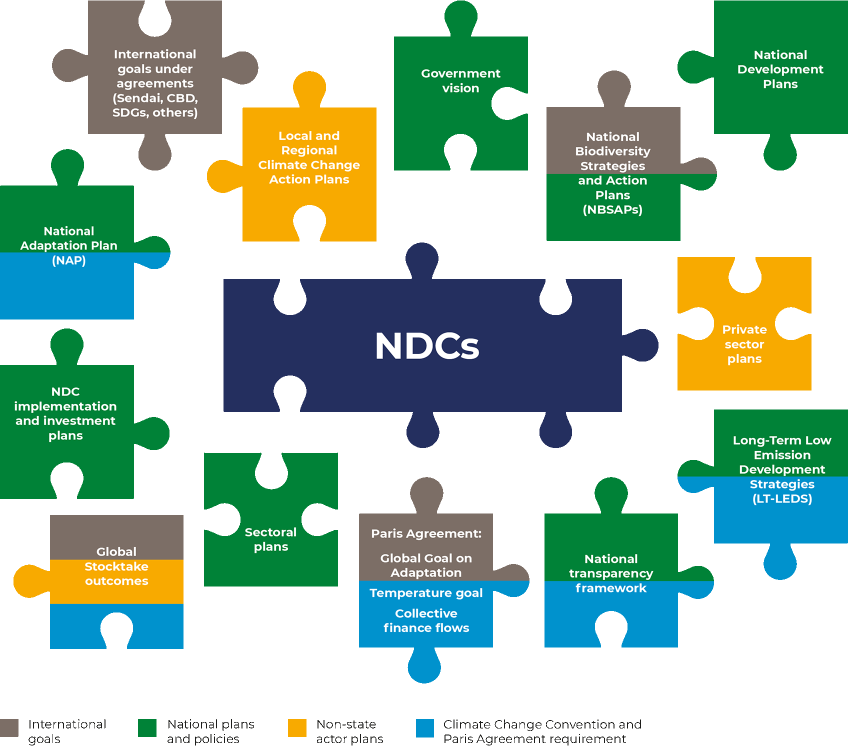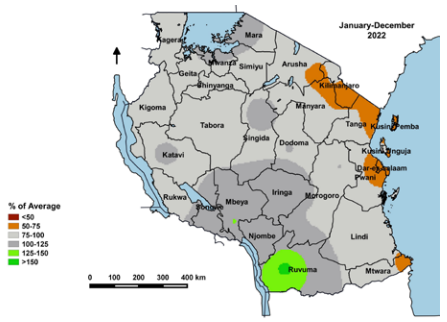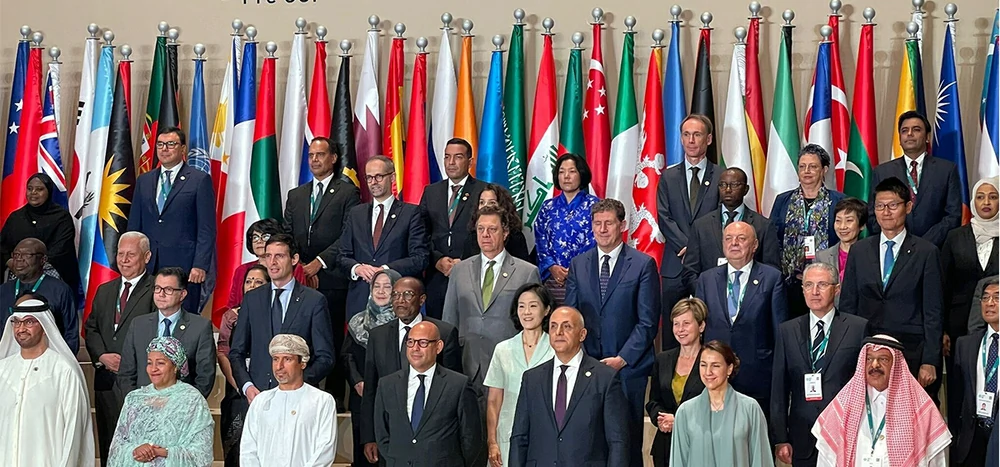As the world faces increasingly severe climate-related disasters—from flooding in East Africa to wildfires in Canada—the urgency to address climate change is more pressing than ever. For Tanzania, a nation vulnerable to the impacts of climate change, Nationally Determined Contributions (NDCs) offer a critical framework for driving national action towards a sustainable and climate-resilient future.

What Are Nationally Determined Contributions (NDCs)?
NDCs are commitments made by countries under the Paris Agreement to reduce greenhouse gas (GHG) emissions and limit global warming. Each country’s NDC outlines its plans to mitigate climate change by reducing emissions and enhancing resilience to climate impacts. For Tanzania, this means addressing challenges such as drought, sea-level rise, and increasing temperatures, while also detailing the financial needs to achieve these goals.

Why Are NDCs Crucial for Tanzania?
NDCs are the main tool for translating international climate agreements into national action. For Tanzania, the implementation of NDCs can drive significant changes in sectors such as energy, agriculture, and transportation. These contributions are essential not only for reducing emissions but also for building resilience in vulnerable communities across the country.

By aligning its NDCs with long-term goals like net-zero emissions by mid-century, Tanzania can secure the political and financial support needed to transition to a low-carbon economy. This transition is vital for protecting Tanzania’s rich biodiversity and ensuring a sustainable future for its people.

Are Current NDCs Adequate?
Globally, current NDCs fall short of what is required to limit global warming to 1.5°C. For Tanzania, enhancing its NDCs with more ambitious targets in key sectors such as energy and agriculture is critical. The next round of NDCs, due in 2025, presents a pivotal opportunity for Tanzania to strengthen its climate commitments and align with global efforts to mitigate climate change.
What Should Tanzania Focus on in Its 2025 NDCs?
For the upcoming 2025 NDCs, Tanzania should prioritize:
- Ambitious Emission-Reduction Targets: Setting realistic yet ambitious targets for reducing emissions, particularly in high-impact sectors.
- Sector-Specific Strategies: Developing detailed plans for transitioning to renewable energy, sustainable agriculture, and climate-resilient infrastructure.
- Adaptation Measures: Enhancing efforts to build resilience in communities most affected by climate change.
- Investment in Climate Action: Outlining clear policies to attract investment and ensure the successful implementation of climate initiatives.
- Just Transition: Ensuring that the transition to a low-carbon economy benefits all Tanzanians, particularly vulnerable communities.

The Need for Support
Implementing these ambitious goals will require significant financial and technical support. Tanzania, like many developing countries, will depend on international climate finance, technical assistance, and technology transfer to achieve its NDC commitments. The upcoming COP29 climate summit will be crucial in addressing the financial gaps and ensuring that Tanzania receives the support it needs.

NDCs are not just a global requirement; they are an essential part of Tanzania’s strategy to combat climate change and build a sustainable future. As we approach 2025, the next round of NDCs will be critical in defining Tanzania’s role in the global fight against climate change. By setting ambitious targets and securing the necessary support, Tanzania can lead by example and ensure a resilient future for all its citizens.

